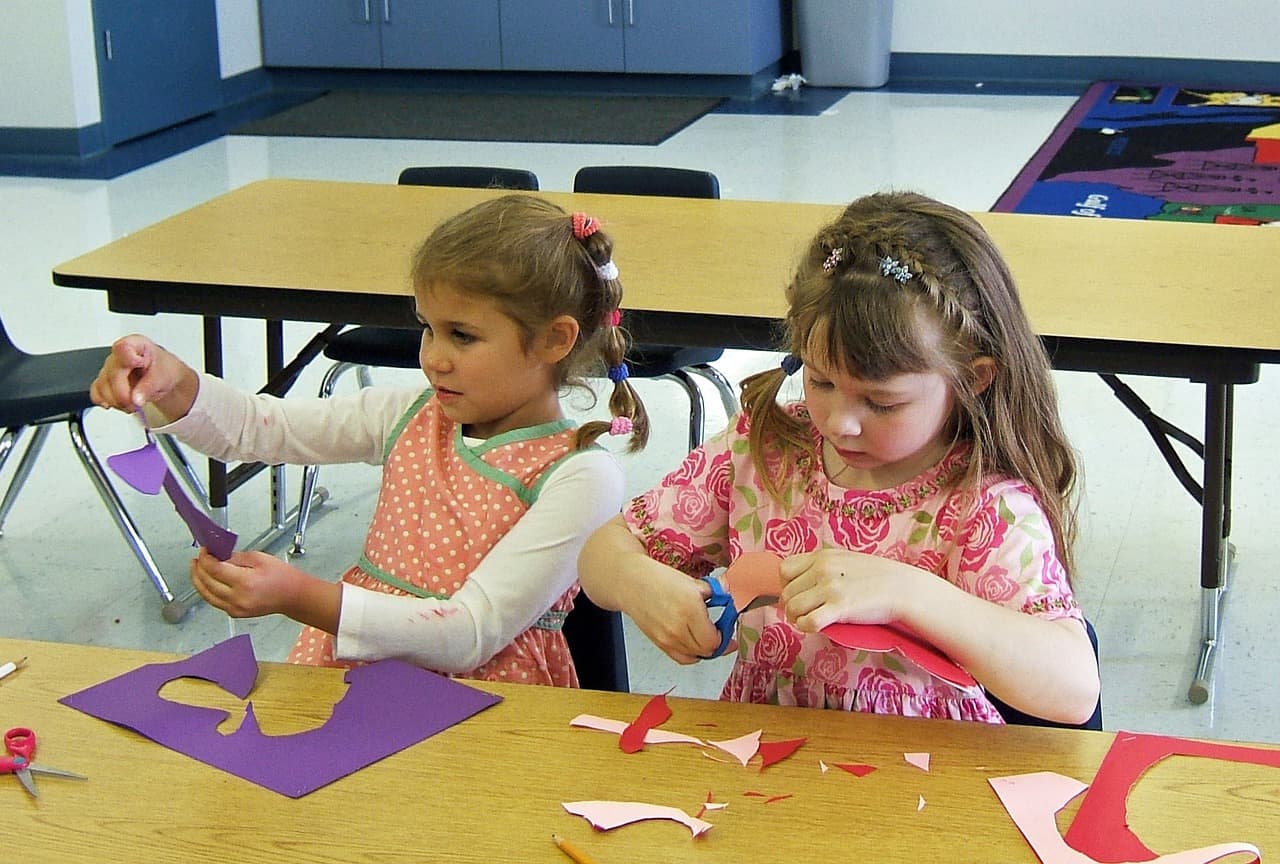The latest research shows that early math skills are not less important than reading or writing, but almost no attention is paid to mathematics in preschools and pre kindergarten classes, unfortunately.
Moreover, scientists say that if kids are taught Math, it is given less than a minute a day and in the wrong way. Kids are not taught problem-solving and logical thought, instead of this they just repeat numbers from 1 to 10 and memorize the order. Stanford professor Deborah Stipek proves that idea in her essay “Math Matters, Even for Little Kids”. She studied and identified that counting by heart does not teach children number sense, for them, it is only a list with no meaning.
A study at the University of Arizona shows that kids are born with math skills. Several experiments were carried out with six-month-old babies and proved that addition and subtraction, as well as sabitization (the ability to quickly identify the number of items in a small group), are inborn competencies, and, thus, could be and should be developed as earlier as possible.
The National Association for Education of Young Children notes that young children are good at recognizing and organizing multiple objects into specific groups, describing and putting things in order. Kids are fascinated by the variability of size and enjoy comparing what is bigger and smaller. That is why it is important to start encouraging and teaching them the system of measurement in their pre kindergarten classes. The researchers say “Measurement can help develop reasoning and logic, and, also, can connect two critical domains of early mathematics: geometry and number.”
It is equally important to start teaching preschoolers geometrical shapes and develop their spatial skills. Even playing Lego kids are building their math brains. Thus, unobtrusively teach them so-called the “language of space”, words like “front, back, behind, top, bottom, over, under, last, first, triangle, circle.. ” etc. while creating Lego castles and cities together and you will help them understand these relative terms more than in a math vocabulary lesson.
It is recognizing and creating patterns that help young learners to make predictions and logical links. Dancing, visual aids and all kinds of funny moving or learning activities like math learning games, anything related to creating “relationship” patterns will be of great help. Dance tiptoe-jump-repeat or skip-hop-run-in-a-circle-repeat until your kids are exhausted and educated. With these activities and math printables from Kids Academy kindergarten math counting worksheets your children are likely to enjoy learning about math from addition and subtraction, to geometry and measurements, easily and successfully.
Professor Deborah Stipek in her research draws attention to the fact that when children play they elevate their math skills. Puzzles, board games with dice, card games are the perfect learning environment for teaching math.
To conclude, the most essential thing parents and educators can do for their preschoolers is to encourage and motivate children to believe that they are good at math and can succeed. Thus, use math in the routines of their daily life, teach them the “language of space” and form the value of a positive attitude toward math.
